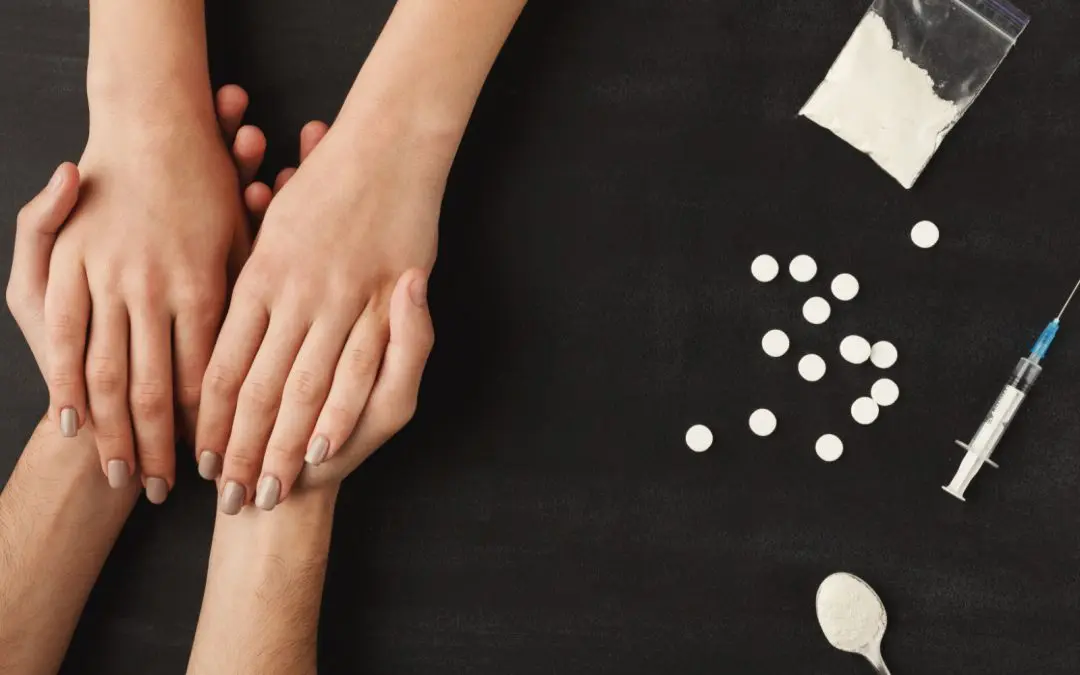24/7 Helpline:
(866) 899-221924/7 Helpline:
(866) 899-2219
Learn more about Depression Treatment centers in Crisp County

Other Insurance Options

UMR

Choice Care Network

Aetna

Sutter

Health Net

MHNNet Behavioral Health

CareFirst

EmblemHealth

Evernorth

Holman Group

Optima

Medical Mutual of Ohio

BlueCross

Excellus
Beacon

BlueShield

Access to Recovery (ATR) Voucher

Magellan

Health Choice

CareSource

Middle Flint Behavioral Healthcare – Phoenix House
Middle Flint Behavioral Healthcare - Phoenix House is an outpatient treatment facility offering beha...












Medical Vocational Rehabilitation Services
Medical Vocational Rehabilitation Services is a private rehab located in Cordele, Georgia. Medical V...

AA – Alcoholics Anonymous
AA – Alcoholics Anonymous is a non-profit rehab located in Cordele, Georgia. AA – Alcoholics Anonymo...








